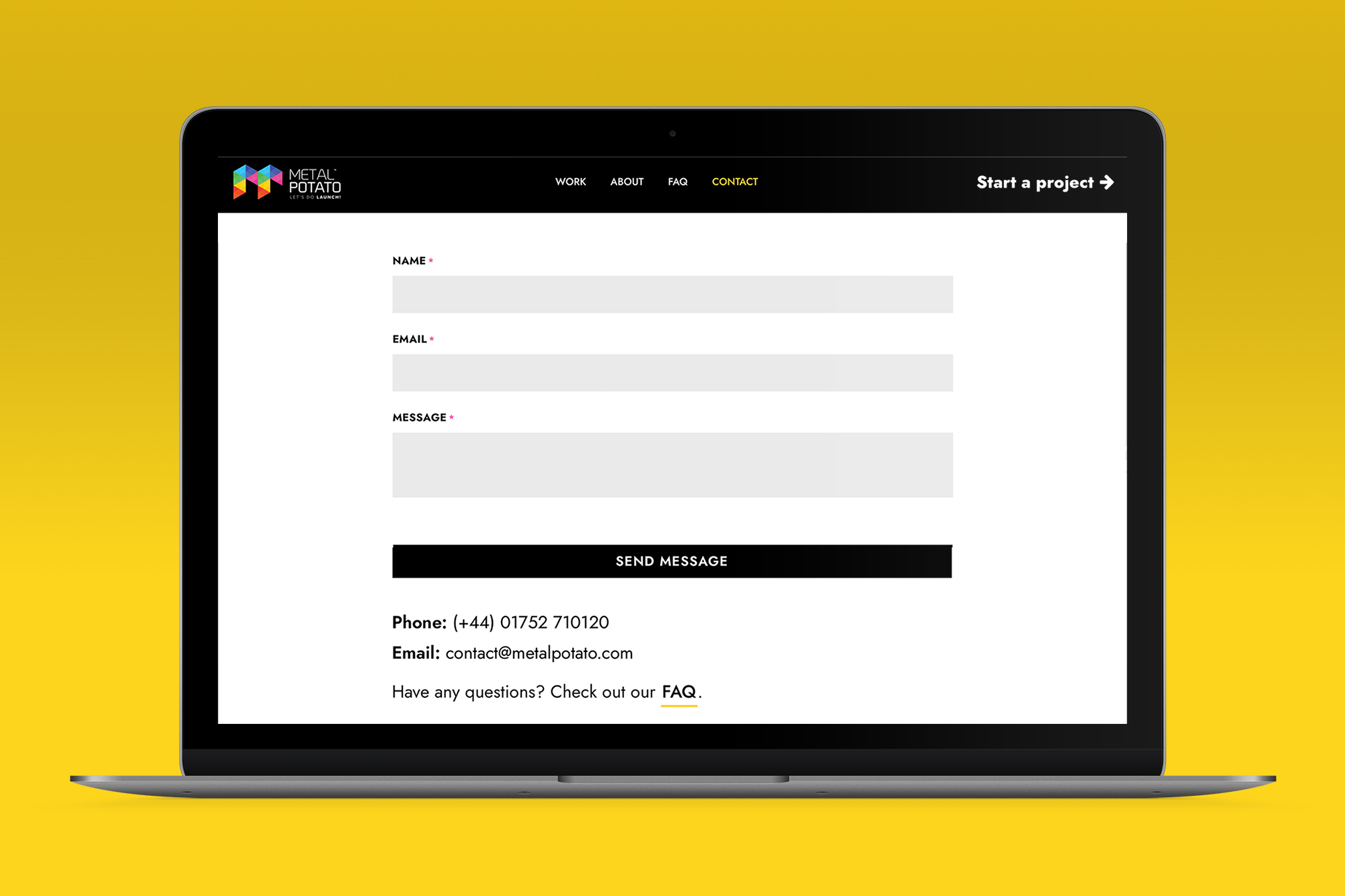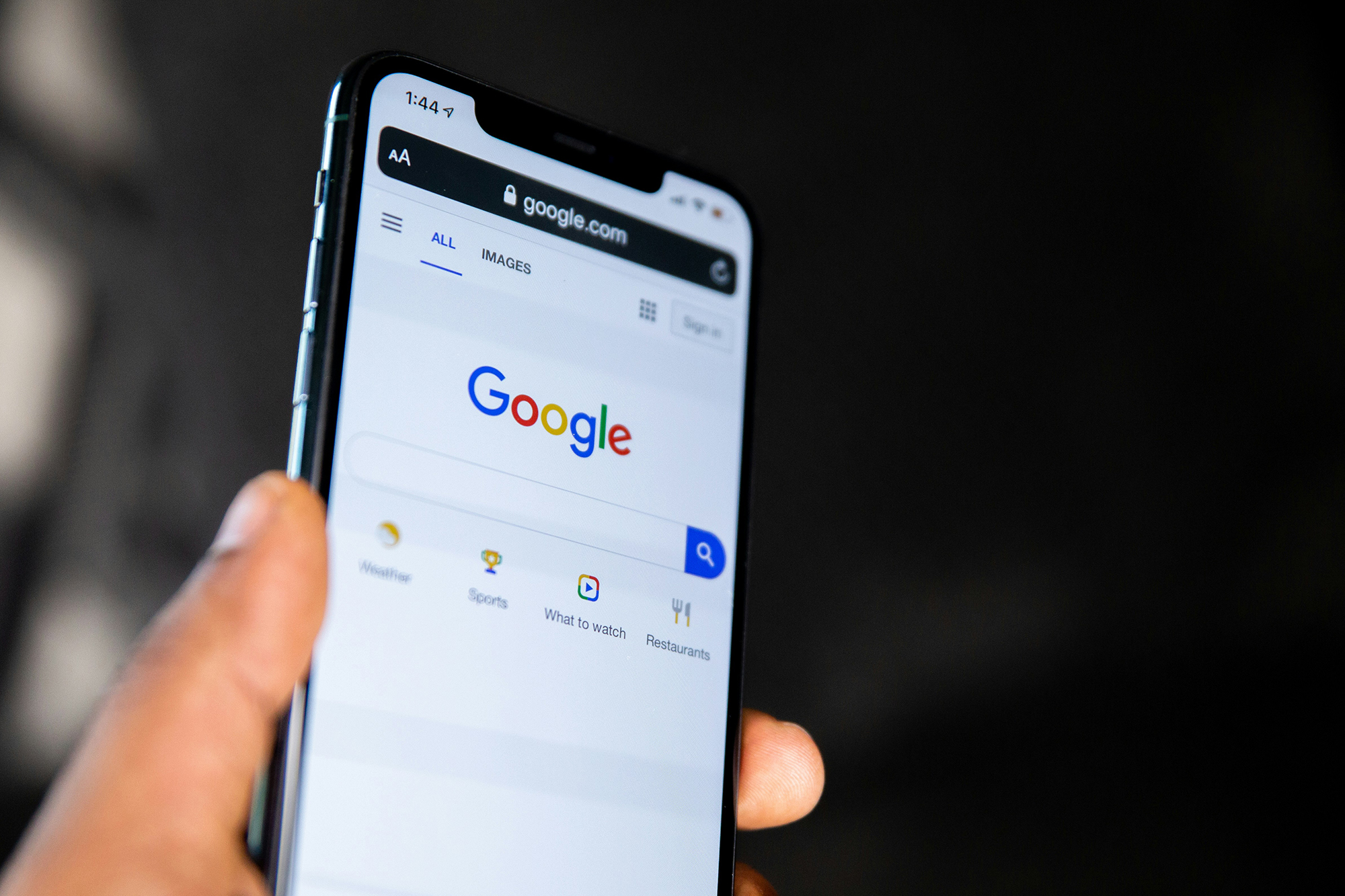When it comes to digital marketing, two strategies stand out above all others: SEO (Search Engine Optimisation) and PPC (Pay-Per-Click). Both aim to drive traffic to your website and increase conversions, but they differ in their approach and benefits.
So, which one should you invest in? Let’s dive into the details and explore the pros and cons of each strategy to help you make an informed decision.
Understanding SEO
SEO, or Search Engine Optimisation, is the process of optimising your website to improve its visibility and ranking on search engine results pages (SERPs). The goal is to attract organic traffic by targeting specific keywords and providing valuable content that aligns with users’ search intent.
The pros of SEO
- Credibility: Organic search results are viewed as more trustworthy by users compared to paid ads. Investing in SEO can help build credibility and establish your brand as an authority in your industry.
- Cost-effective: While SEO requires time and effort, it doesn’t involve direct costs for each click. Once you achieve a higher ranking, you can enjoy consistent traffic without having to pay for each visitor.
- Long-term results: SEO is a long-term strategy that focuses on sustainable growth. By consistently optimising your website and creating high-quality content, you can maintain and improve your rankings over time.
- Targeted traffic: Through keyword research and optimisation, you can attract highly targeted traffic that is more likely to convert into leads or customers. SEO allows you to reach users who are actively searching for products or services related to your business.
The cons of SEO
- Time-consuming: SEO is not a quick fix. It requires continuous effort and patience to see results. It can take weeks or even months to climb up the rankings and start generating significant traffic.
- Limited control: While you can optimise your website and content, you don’t have full control over search engine algorithms. Changes in algorithms can impact your rankings, requiring ongoing adjustments to maintain your position.
- Competition: SEO is a highly competitive field, especially for popular keywords. It may take more time and effort to outrank established competitors who have been investing in SEO for a longer period.
Understanding PPC
PPC, or Pay-Per-Click, is an advertising model where you pay for each click on your ads. These ads are typically displayed at the top of search engine results pages, above the organic listings. PPC allows you to target specific keywords and demographics to reach your desired audience.
The pros of PPC
- Immediate results: Unlike SEO, PPC campaigns can generate immediate results. Once you set up your campaign, your ads can start running and driving traffic to your website almost instantly.
- Targeted advertising: PPC platforms provide advanced targeting options, allowing you to reach specific locations, demographics, and interests. This precision targeting can help you maximise the effectiveness of your advertising budget.
- Measurable results: With PPC, you have access to detailed analytics and data that allow you to measure the performance of your campaigns. You can track metrics such as impressions, clicks, conversions, and the return on investment (ROI) of your advertising spend.
The cons of PPC
- Costs: PPC can be expensive, especially for highly competitive keywords. The cost per click (CPC) can quickly add up, and if not managed properly, your advertising budget may be exhausted without generating significant results.
- Dependent on budget: PPC campaigns require ongoing investment to maintain visibility and traffic. Once you stop running your ads, the traffic and leads generated from PPC will cease.
- Learning curve: PPC platforms can be complex and require a learning curve to optimise your campaigns effectively. Without proper knowledge and experience, you may end up wasting your budget on ineffective ads.
Finding the right strategy
Now that we’ve explored the pros and cons of SEO and PPC, it’s important to note that the best strategy for your business may involve a combination of both. SEO is a long-term investment that can provide sustainable organic traffic, while PPC offers immediate visibility and targeted advertising.
Consider the following factors when deciding which strategy to invest in:
- Business goals: Determine your short-term and long-term goals. If you need immediate results or have a time-sensitive campaign, PPC may be the right choice. However, if you’re looking for long-term sustainability and brand credibility, SEO should be a priority.
- Budget: Evaluate your advertising budget and allocate it accordingly. PPC requires ongoing investment, while SEO may have upfront costs for optimisation and content creation.
- Competition and industry: Assess the competitiveness of your industry and the keywords you want to target. If your industry is highly competitive, PPC can help you gain visibility quickly. In less competitive niches, SEO can be a cost-effective strategy.
- Target audience: Understand your target audience and their search behaviour. If they are more likely to click on organic search results, investing in SEO can yield better results. However, if they are accustomed to clicking on ads, PPC may be more effective.
Remember, digital marketing is not a one-size-fits-all approach. It’s essential to analyse your specific business needs, goals, and resources to determine the right mix of SEO and PPC for your marketing strategy.
Get expert guidance
Deciding on the right marketing strategy for your business can be challenging. If you’re unsure about where to start or how to optimise your digital marketing efforts, consider seeking expert guidance.
Reach out to Metal Potato today and discover the ways we can support you.
Let's make a website!
Book a FREE video call to discuss your business, project strategy, and more!
"*" indicates required fields
More from Metal Potato
How to Write SEO Content That Converts
How to craft SEO content that climbs rankings! Strategies for keyword targeting, readability, and engaging writing techniques.
Contact Page Design: A Blueprint for Success
Learn how to optimise your contact page for better engagement and conversions with expert tips and inspiring examples.
Why Your Website Isn’t Showing Up on Google
Discover why your website isn't showing up on Google and learn actionable solutions to boost your visibility!
How Google Remarketing Rescues Lost Customers
Revive lost leads with Google Remarketing! Target engaged visitors, boost ROI with personalised ads across Google platforms.
Unmasking SEO Scams and Safeguarding Your Website
Guard your business against SEO scams! Uncover deceitful tactics, red flags, and empower your online success with our tips.
How Often Should You Blog?
Optimise your blog's success with the perfect posting frequency! Learn to balance consistency, quality, and engagement for organic growth.






